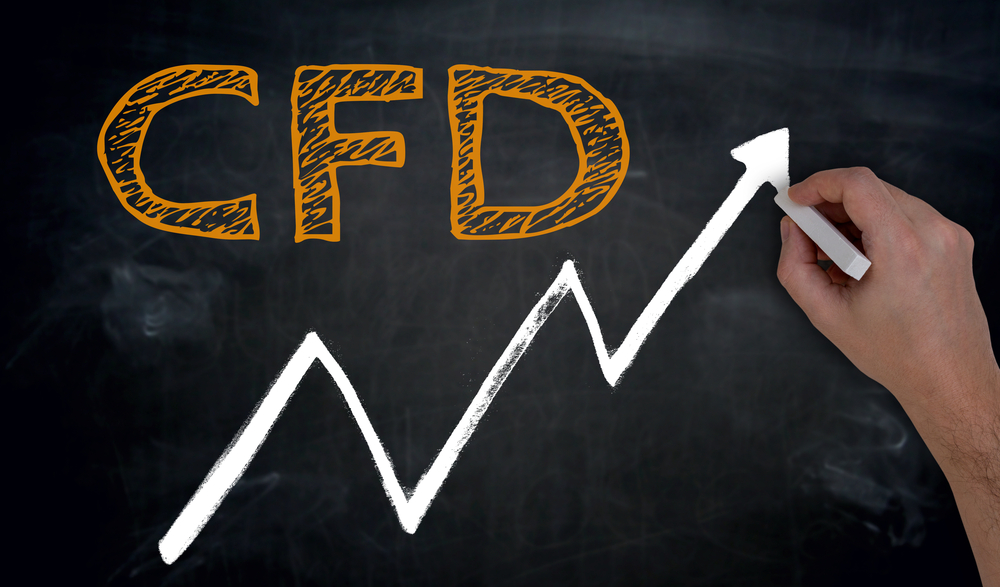Did you know you can trade equities and equity indices without owning a product or asset? With contract-for-difference (CFD) trading, you don’t need to have a lot of money to speculate in the market.
You can get access to assets or products you wouldn’t typically trade because of lack of money since you only need to pay the difference in price. This feature isn’t the only reason for this relatively new financial instrument’s popularity among traders worldwide.
A Quick Look at CFDs
You can make money from CFD because it can offer higher leverage than traditional trading. The margin could go as high as 50 percent, or a 2:1 leverage. It’s an efficient way to trade, but it also opens you up to more risks because the higher the leverage, the greater the loss.
So it’s crucial to know this type of trading before diving in to make the most of your investments,
especially if you’re new to the game.
CFD refers to an arrangement between a client and a broker who speculate the movement of an asset’s price. You’ll pay the difference (hence, the name) between the underlying asset’s price upon trade entry and its closing price. The calculation doesn’t consider the asset’s value. In effect, you’re trading the profit and loss based on the movement of the product.
How is the profit or loss calculated?
You only need to subtract the price of the CFD purchased from the price of the CFD sold, then multiply that by the number of units you own in your contract.
The Upside
What can you trade with CFD? You can trade commodities, stocks, indices, and currencies. You’ll essentially have a diversified portfolio without the usual substantial capital to trade them. But aside from the variety and low capital requirement, CFD trading is an attractive investment because of higher leverage, as mentioned earlier.
On the CFD market, the standard leverage could vary based on regulation. Today, it could start at 3 percent margin (30:1 leverage) up to 50 percent (2:1 leverage.) If the margin requirements are low, you’re likely to have less capital outlay.
Another advantage of CFD trading is not having shorting rules or borrowing stock. Unlike other markets, CFD allows you to go short any time without borrowing costs because you don’t own the underlying asset.
The Downside
Much like every other financial instrument, CFD trading comes with risks. The most significant by far has to be the lack of regulation. Given that it’s new to the trading scene, CFDs can expose you to the pitfalls of poor brokers or online electronic exchanges.
When you trade, you’ll need to open an account with a broker. You’ll want to look into the broker’s reputation and financial position before doing so. Is the broker known for being neutral, that they don’t typically take positions against their clients and profit when the price move is against the trader?
But don’t just look into the broker’s reputation and background, consider the trading platforms offered as well. Can you trade while mobile? Do you have an option to download the platform and go online? Whether you’re just starting out or have been trading for a time, you’ll also want a platform that’s easy to use.
Strategies for Positive Results
There are several strategies that you can try for effective CFD trading. Some of them, however, may require a tedious process. For instance, you may study the data sets, learn how to implement the processes, and interpret the results.
Rebate trading is also an interesting tactic to use for CFD trading. Rebate traders focus more on the offered rebates than the amplitude of price fluctuation. Experienced CFD traders use this strategy because it may lead to greater profits.
Seasoned CFD traders also know the latest news and breaking events to gain an edge and make moves at the right times. You need to see where the economic system is heading based on significant events.
CFD gives you the opportunity to speculate in different markets without the big capital. And you can make substantial profits. But whether your trades come out in your favor will depend on your knowledge of this financial derivative, the reliability of your broker and trading platform, and careful execution of strategies.
